About OASIS
Outline
- What are accessible summaries?
- Why do we need accessible summaries?
- Sign up to weekly alerts
- AI statement
- Current OASIS team
- Linked associations, organisations, and projects
- Current and former collaborators and writers
- Initial OASIS team
- Contact us
- Acknowledgements
What are accessible summaries?
OASIS summaries are one-page summaries of published journal articles on any language-related topic. This includes areas such as language learning, language teaching, multilingualism, language policy, language and social justice, as well as clinical and forensic linguistics and language and the media. The summaries provide information about the study’s goals, how it was conducted, and what was found, and are written in non-technical language. Where relevant, they may highlight findings that could be of interest to practitioners or policy-makers. There are also many summaries of research that is purely theoretical /fundamental. The summaries are usually written by the author(s) of the original journal article. A number of others are written by others and then the author(s) of the original article edit and approve them. All summaries are of articles that have been published in peer-reviewed journals that are listed—at the time the summary is uploaded to OASIS—on an internationally recognised citation index, including the Social Science Citation Index, the Arts and Humanities Citation Index, or the Science Citation Index Expanded. You can check a journal's listing here. Please note that we do not currently accept summaries of articles from journals on the Emerging Sources Citation Index.
Why do we need accessible summaries?
OASIS makes research into language related topics openly available and easily accessible to anyone who might be interested, because 1) research shows these findings do not reach stakeholders easily; and 2) research shows that academic publications are increasingly more difficult to read and understand for people outside the field. By establishing a culture of systematic production and dissemination of non-technical, open summaries, research is made available and accessible not only physically, but also conceptually to people outside academia.
Also, OASIS summaries may improve the visibility of the original article. A study by Marsden, Shepperd, Bolibaugh, and Andringa (2023) found potential benefits for engagement with the original article (e.g., views and downloads) when authors write OASIS summaries, relative to articles with no summary. This was replicated by McKinley et al. (2024 & 2025).
Sign up to weekly alerts
Click here to subscribe to weekly bespoke alerts to new summaries that match your interests.
AI statement
AI-based applications may be used in the summary writing process. Any uploaded summaries will have been checked by a human for accuracy, coherence, and faithfulness to the original article. OASIS is aware that this is an area in which best practice is evolving. We will continue to review our practices and will update our guidelines in line with developments in the wider community.
Current OASIS team
- Emma Marsden (University of York, project lead)
- Cylcia Bolibaugh (University of York, project co-lead)
- Sible Andringa (University of Amsterdam, project co-lead)
- Rachael Howe (University of York, project associate)
Linked associations, organisations, and projects
- American Council on the Teaching of Foreign Languages: ACTFL
- Association for Language Learning: ALL
- Association Internationale de Linguistique Appliquée (International Association of Applied Linguistics): AILA
- British Association for Applied Linguistics: BAAL
- British Council
- Bilingualism Matters
- Center for Applied Linguistics: CAL
- Committee for Linguistics in Education: CLiE
- Document Summary Service: DSS and the Bristol Guide
- International Association for Teaching Pragmatics: ITAP
- International Federation of Foreign Language Teacher Associations: FIPLV
- Language-Driven Pedagogy (LDP)
- Migrant English Support Hub (MESH) and Learning English in Yorkshire and Humber
- National Association for Language Development in the Curriculum:NALDIC
- National Federation of Modern Language Teachers Associations:(NFMLTA)
- Open Applied Linguistics: AILA ReN
- Research Literacy of Teachers
- SUNRAY
- Tenax Schools Trust
- TESOL International Association
- Research in Primary Languages: RiPL
Current and former collaborators and writers
Marta Antón, Volha Arkhipenka, Elizabeth Bailey, Catherine van Beuningen, Caro Blume (TU Dortmund), Claudine Bowyer-Crane, Jess Brown, Heidi Byrnes, Hsin-Ying Chen, Aline Godfroid, Amber Dudley, Natalie Finlayson, Suzanne Graham, Bimali Indrarathne, Heather Marsden, Ines Martin, Kevin McManus, Lisa-Maria Müller, Florence Myles, Lais de Oliveira Borges, Junlan Pan, Daniel Perrin, Caitlyn Pineault, Charlene Polio, Andrea Revesz, June Ruivivar, Fatma Said, Lieselotte Sippel, Louise Shepperd, Angela Tellier, Sophie Thompson, Natasha Tokowicz, Tessa Warren, and James Wagstaffe.
Initial OASIS team
- Emma Marsden (University of York, project lead)
- Inge Alferink (formerly, University of York)
- Sible Andringa (University of Amsterdam)
- Laura Collins (Concordia University)
- Carrie Jackson (Penn State University)
- Rowena Kasprowicz (University of Reading)
- David O’Reilly (University of York)
- Luke Plonsky (Northern Arizona University)
Contact us
Acknowledgements
We gratefully acknowledge funding from an Economic and Social Research Council Impact Acceleration Award and the Higher Education Impact Fund, via the University of York, UK, a British Academy grant to fund a journal editors’ workshop in Chicago, March 28th 2018, as well as additional funding from the Department of Education and Research England.
***OASIS does not quality assure other resources and cannot link to them***
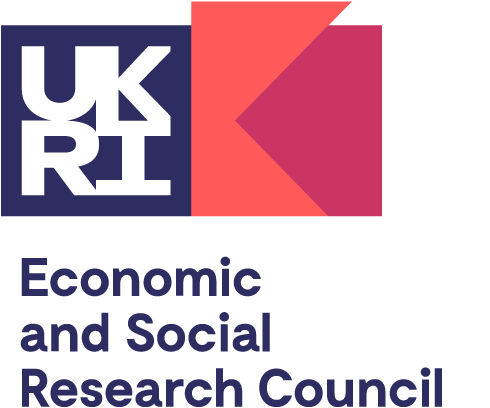
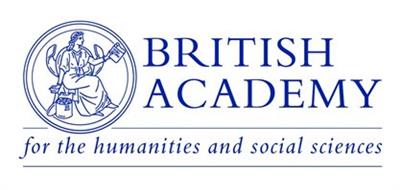
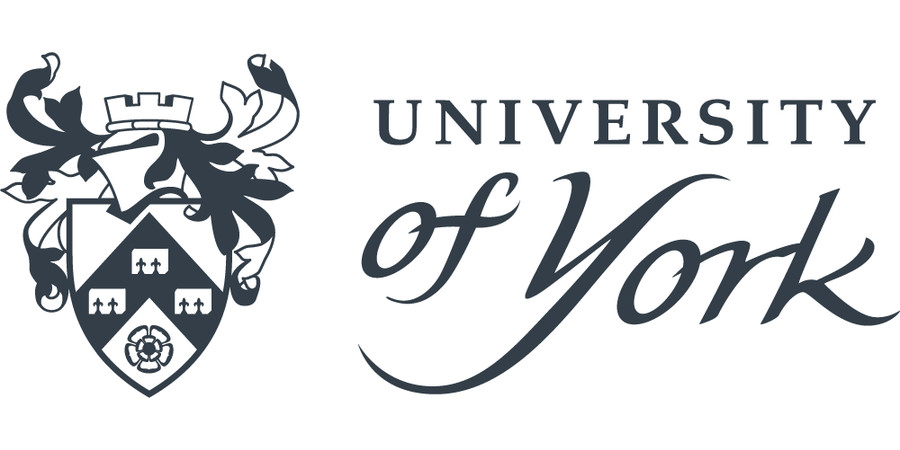
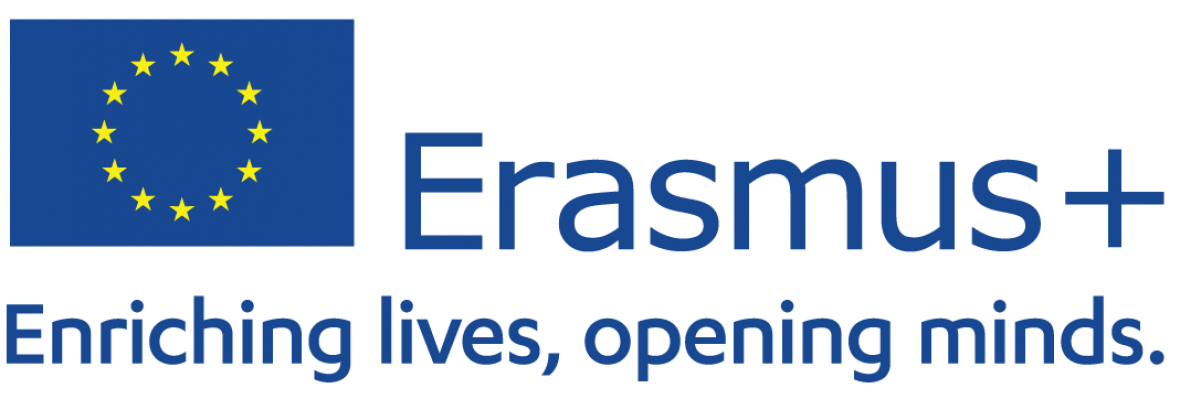

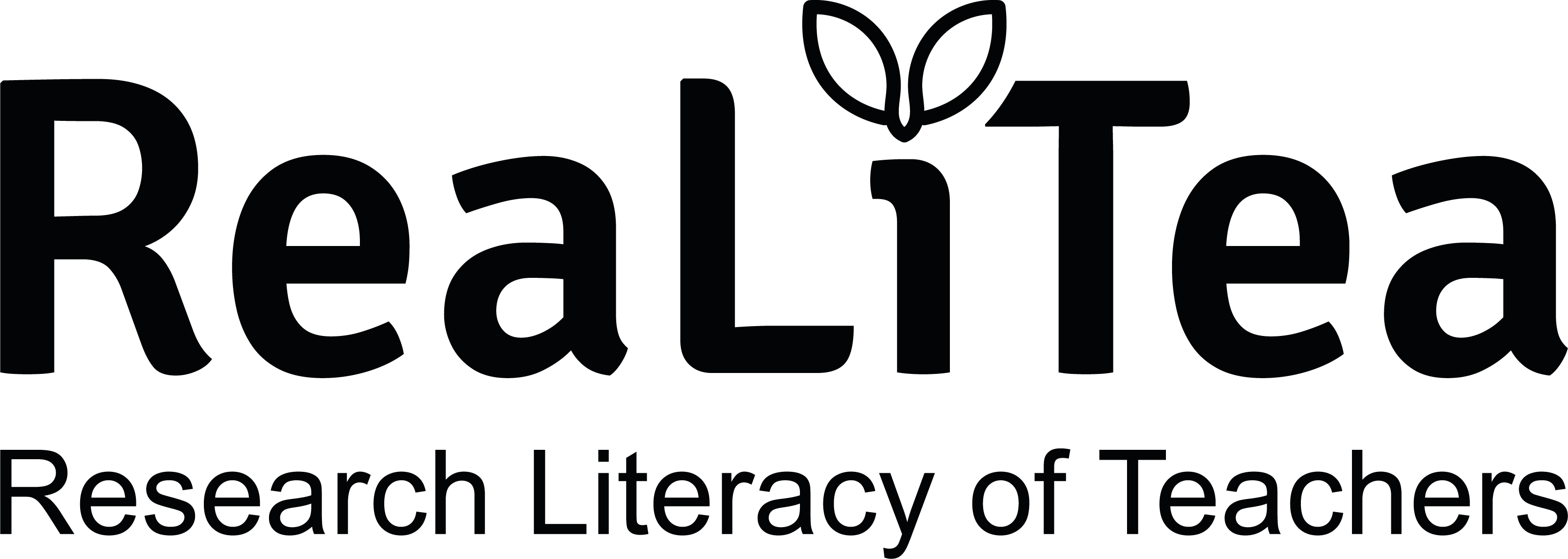

Search the OASIS database
Click search to see everything in OASIS, and then use filters to narrow down your search.
For help with searching, see here.
